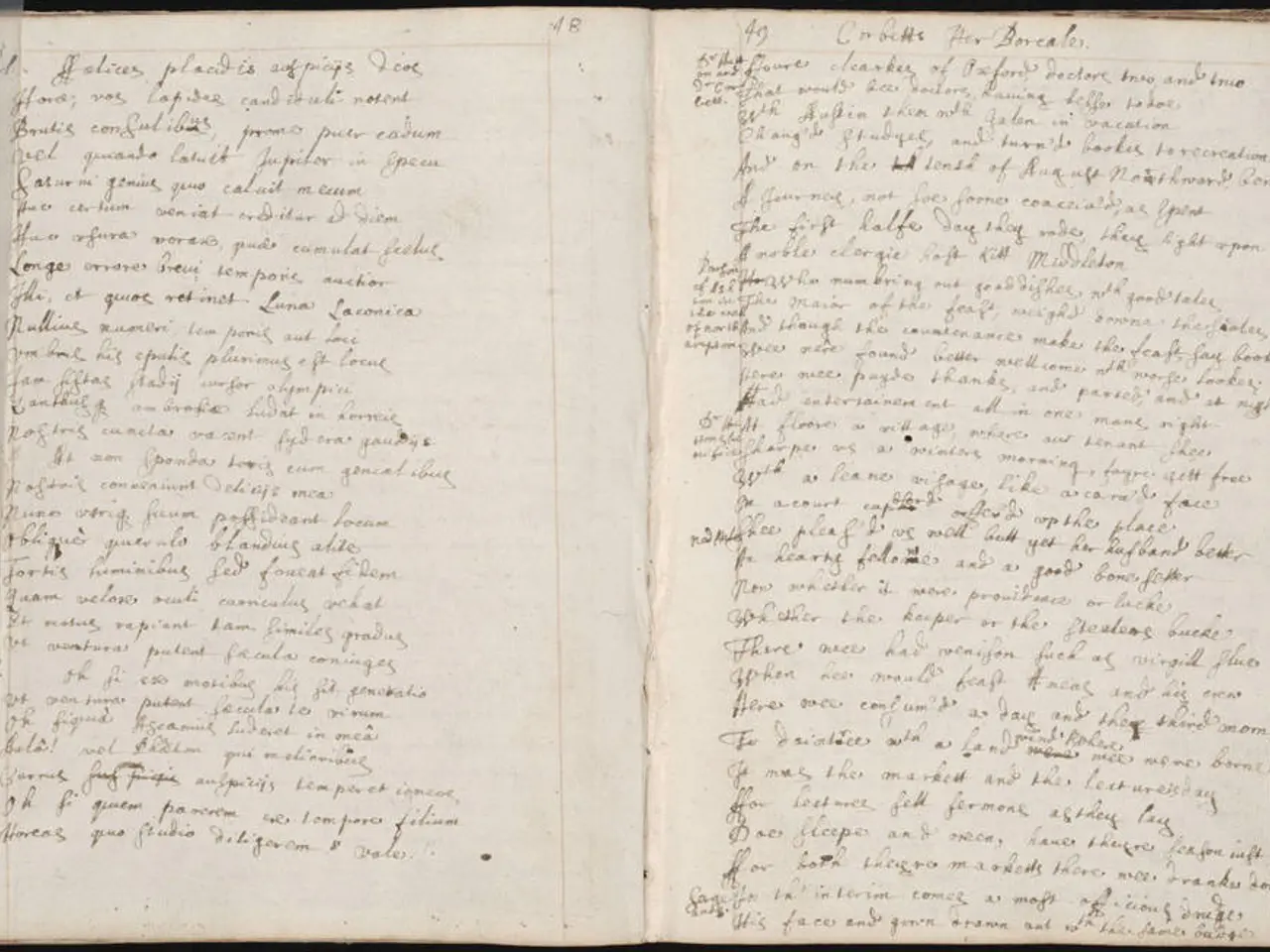Confronting Bias at its Root: Within Our Own Minds
In a groundbreaking study conducted at Princeton University, hatred was defined as a highly persistent and passionate dislike associated with the belief that the hated object is evil [1]. The study further revealed that hatred leads to an inclination to separate from or destroy the hated object.
Interestingly, these findings resonate with the Baha'i teachings, which assert that religious, racial, political, economic, and patriotic prejudices destroy the edifice of humanity [2]. According to the Baha'i teachings, as long as these prejudices persist, the world of humanity will not have rest [3].
One of the root causes of such prejudices, as suggested by the study, is a biased mindset called "motive attribution asymmetry" [1]. This prejudiced belief posits that one's motives are good, but others' aren't. While the Baha'i teachings do not explicitly mention "motive attribution asymmetry," they provide principles that counteract its effects.
The Baha'i approach focuses on mutual respect, dialogue, and consultation to understand the perspectives and motives of others objectively, thus reducing misattributions [4]. Service to humanity and the pursuit of unity encourage believers to transcend personal biases and negative assumptions about others’ motives, fostering peace and harmony [4].
The Baha'i teachings also emphasize the importance of self-reflection, empathy, and forgiveness. The principle of "get the log out of your own eye" encourages individuals to recognize their own contributions and faults in a conflict before blaming others [1]. The "Four G’s of Peacemaking," which align with Baha'i teachings, call for gentle restoration and forgiveness, which directly challenge and help heal the distrust arising from wrongful motive attribution [1].
In summary, Baha'i teachings address the harmful role of motive attribution asymmetry in conflicts by promoting self-reflection, empathy, consultation, and a spirit of service and forgiveness, which collectively help prevent and resolve interpersonal conflicts. These principles provide a practical framework to counteract motive attribution asymmetry according to Baha’i teachings on conflict and reconciliation.
References:
[1] Hess, D. R., & Hastings, A. (2011). The Baha'i Faith. ABC-CLIO.
[2] 'Abdu'l-Baha. (1982). The Promulgation of Universal Peace: Talks Delivered by 'Abdu'l-Baha during His Visit to the United States and Canada in 1912. Wilmette: Baha'i Publishing Trust.
[3] 'Abdu'l-Baha. (1992). The Secret of Divine Civilization. Wilmette: Baha'i Publishing Trust.
[4] Hatcher, W. C. (2010). Baha'i Administration: The Evolution of an Institution. Georgetown University Press.
The Baha'i teachings, in their focus on self-reflection, empathy, consultation, and a spirit of service and forgiveness, offer a practical framework to counteract the effects of the biased mindset known as "motive attribution asymmetry" [1,4]. This framework, when applied, helps prevent and resolve interpersonal conflicts that often stem from prejudiced beliefs about others' motives, and thereby encourages improvements in both science (in the understanding of human behavior) and health-and-wellness (in the promotion of mental health and personal relationships).




